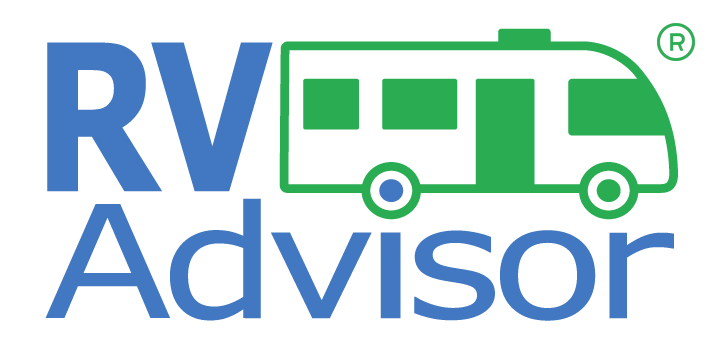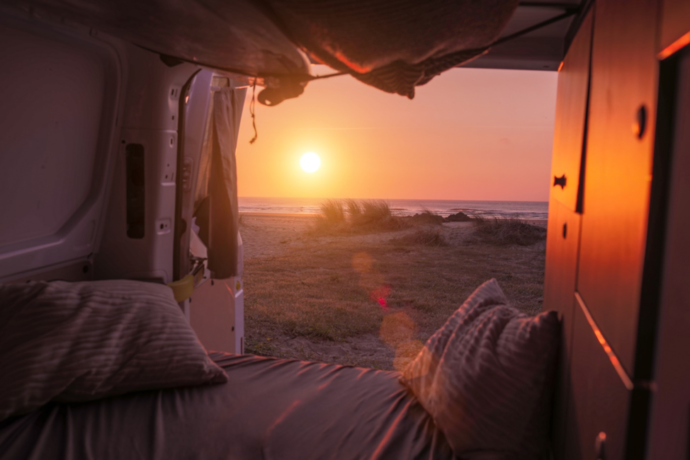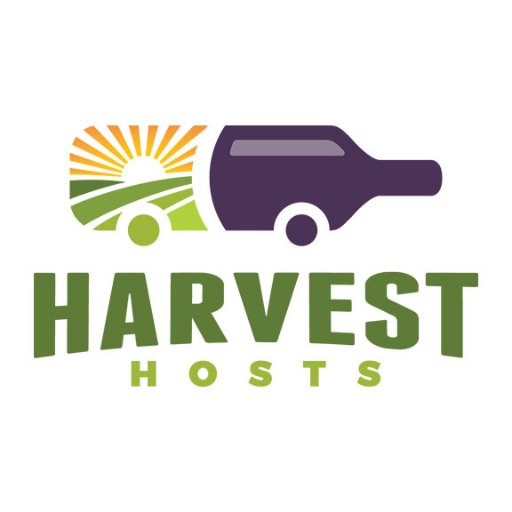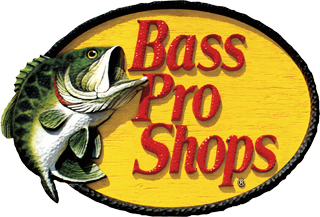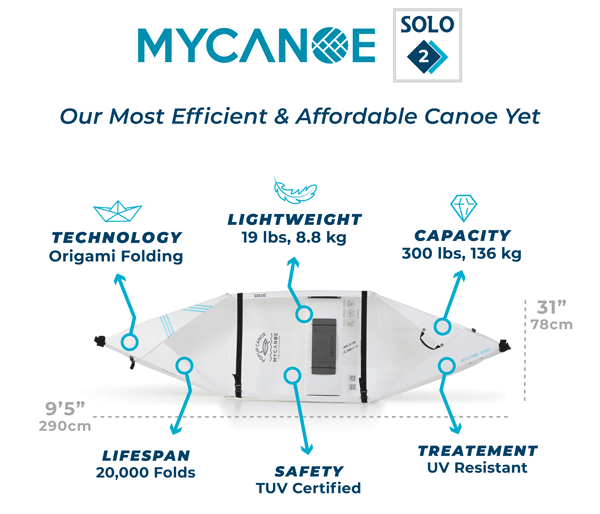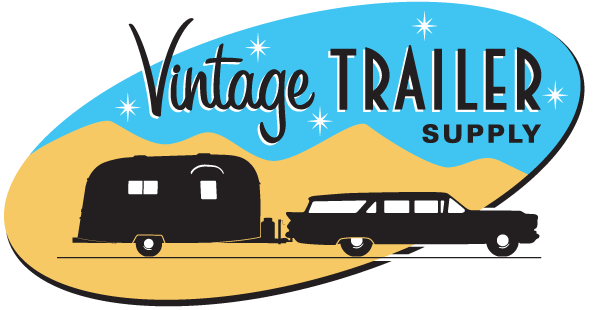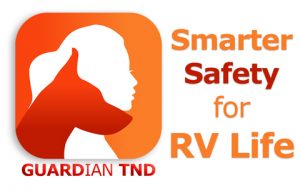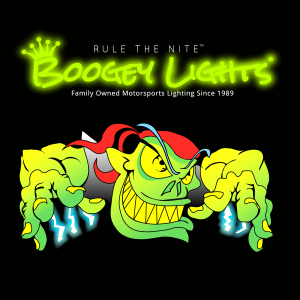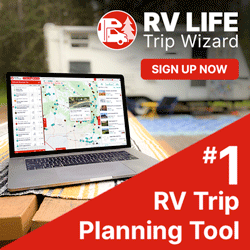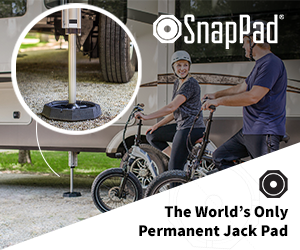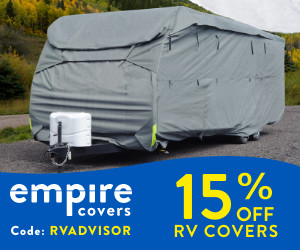How really using the map can help you find new ways to appreciate your RV
An RV means a lot of freedom on the roads, but it doesn’t have to stop there. Traditional campsites are a great place to eat, exercise or rest…but if you didn’t like breaking with tradition, you wouldn’t have bought an RV.
This lifestyle takes imagination and a love of the unknown, so here are some ways for intrepid trippers to enjoy some atypical adventures.
The call of the wild
Leaving the beaten path means your exploring gets a little (or a lot) more rugged. There’s a term among RV-ers – boondocking. As the name suggests, it can take you into some rough, remote or isolated country.
It does have other names like wild camping and, more attractively, free camping. It’s a popular way to go off-road because of the unique, private, and very affordable experiences it can provide.
Remember the payoff for enjoying this kind of freedom because you’re likely going to be miles away from any electric, water, or sewage facilities for your RV.
Your recreational vehicle is designed to be largely self-sufficient at least for a good while so making sure you’re stocked and powered up before you go off-road is key.
Some good tips before boondocking are:
· Know the law – It’s a free country, but it’s also one where people and organizations own land. A secluded location may look ripe for parking/camping, but it may not be legal to do so. Look to the end of our blog for a list of places with the OK to settle for a while.
· Know the area – Less-travelled roads have the benefits of being more secluded and often more scenic. They also have the downside of being less civilized. Many RVers get a nasty surprise by running into country their rig just can’t negotiate. Scout around ahead of time, find a map or ask locals about spots where you can camp safely. The boondocks are nice to visit but you don’t want to stay there. Google Maps can be a great way to scan an area.
· Wildlife – The natural residents of that private forest/desert spot you found were there first. It pays to know what kind of flora and fauna the area hosts and if you’re at any risk of attack or even just losing some supplies or equipment. Don’t forget your pets. They will need special care if you’re in an area where the local wildlife could be harmed by them, or cause harm to your pet. Here are some species you might encounter in the wilderness, especially if you’re visiting a wildlife refuge or national park.
· Food, water and medical supplies – Camping off the grid makes amenities less readily available and emergencies harder to handle. Prioritize your provisions by taking plenty along for the trip and make sure you have a well-stocked medical cabinet. Stocking your RV the right way helps prepare for the unexpected.
Some examples of off-road camping
The whole country is essentially your oyster when you’re free camping. If you follow the rules of law and commonsense, there are many places that could be a perfect fit for your camp. This Top 5 list suggests some of the most impressive off-road sites available, ranging from Wyoming’s lush forest, Colorado’s rolling hills and Utah’s Valley of the Gods.
Florida offers dozens of wildlife management areas with free camping permits. Ocala National Forest welcomes RV-ers who want to set up camp, as do Osceola and Apalachicola.
It’s very important to make sure any details you find about independent camping are up to date; they can change even from day to day. The internet and a phone are all you’ll need to make sure you have the most up to date information for off-the-grid campsites in your area.
There truly is no limit to what America offers. Deserts, forests, mountains, lakes, meadows and shorelines are all out there, somewhere.
Some more benefits of leaving the beaten path
RV life can be stressful due to the many demands of maintaining a working rig and handling long hours on the road. Sometimes, a standard campground just means noise and people you may not want to deal with.
Off-roading offers you a quiet and private space where it’s just you and the scenery.
It’s also a great way to save money.
Many traditional RV campsites are very reasonable when it comes to price, but free is free. Remember that RVing is becoming an increasingly popular lifestyle. When campsites catch onto this, they’re going to hike their rates to make as much out of the boom as they can. Off-road spots are going to seem more attractive than ever then.
Our previous blog on the benefits of hiking highlighted how great it is for mind and body to enjoy nature away from the beaten track. Fresh air and nothing manmade in sight is a hugely rejuvenating experience. There’s often no hard and fast rule on how long you can stay at a boondock site, but etiquette ranges from a day to a couple of weeks.
Check with local ranger’s offices or landowners to find out the polite length of a visit.
Always keep in mind that free spaces may attract lots of other campers, too. Some free camping spots are closer to civilization than others and so may offer limited reservations.
Call ahead of time and see how likely it is you’ll have a spot when you get there.
If you’re ready to leave the beaten path you can check out this list, that list and this one too, of all the places you could go. Take care and happy camping!
